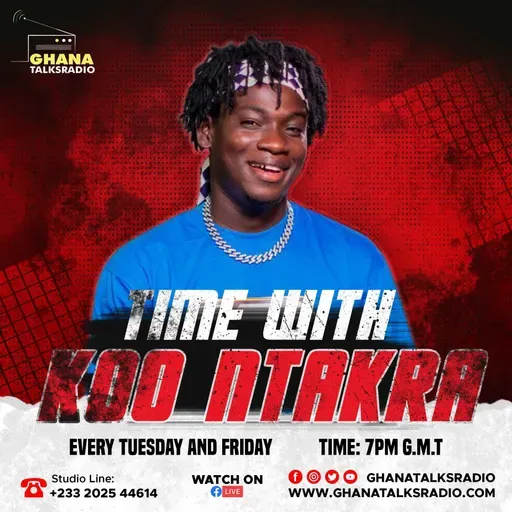
1. Pre-Independence Struggles: - Colonial Legacy: Ghana, formerly known as the Gold Coast, was a British colony until gaining independence on March 6, 1957. - Independence Movement: Led by figures like Kwame Nkrumah, the independence movement in Ghana fought against colonial rule and advocated for self-governance.
2. Declaration of Independence: - March to Freedom: On March 6, 1957, Ghana declared independence from British colonial rule, with Kwame Nkrumah becoming the country's first Prime Minister.
3. Post-Independence Development: - Path to Progress: Ghana's independence marked a significant milestone in the decolonization movement across Africa, inspiring other nations to seek sovereignty. Presidents of Ghana Since Independence:
1. Kwame Nkrumah (1957-1966): - First President: Kwame Nkrumah was Ghana's first President after leading the country to independence. - Pan-African Vision: Nkrumah advocated for a united Africa and played a key role in the formation of the Organization of African Unity (OAU).
2. Joseph Arthur Ankrah (1966-1969): - Military Rule: Ankrah assumed power after a military coup in 1966, ending Nkrumah's presidency.
3. Akwasi Afrifa (1969): - Military Interim: Afrifa briefly led Ghana during a transition period following Ankrah's rule.
4. Nii Amaa Ollennu (1969): - Acting President: Ollennu served as Acting President before the election of a new leader.
5. Kofi Abrefa Busia (1969-1972): - Prime Minister: Busia became Prime Minister through elections, focusing on democratic reforms and economic development.
6. Ignatius Kutu Acheampong (1972-1978): - Military Leader: Acheampong came to power through a coup and governed Ghana during a period of economic challenges.
7. Fred Akuffo (1978-1979): - Overthrow of Acheampong: Akuffo succeeded Acheampong after a palace coup.
8. Jerry John Rawlings (1979, 1981-2001): - Revolutionary Leader: Rawlings seized power in two coups in 1979 and 1981 before transitioning to democratic rule in 1992. - Economic Reforms: Rawlings implemented economic reforms and played a key role in Ghana's democratic transition.
9. John Agyekum Kufuor (2001-2009): - Democratic President: Kufuor served two terms, focusing on economic development, education, and healthcare.
10. John Evans Atta Mills (2009-2012): - Healthcare Advocate: Mills promoted healthcare initiatives and social welfare programs during his presidency.
11. John Dramani Mahama (2012-2017): - Infrastructure Development: Mahama focused on infrastructure projects to boost Ghana's development during his tenure.
12. Nana Akufo-Addo (2017-Present): - Current President: Akufo-Addo assumed office in 2017, emphasizing economic growth, governance reform, and social policies. The history of Ghana's independence and its presidential leadership reflects a journey of resilience, political evolution, and development, shaping the nation's path towards progress and prosperity.
